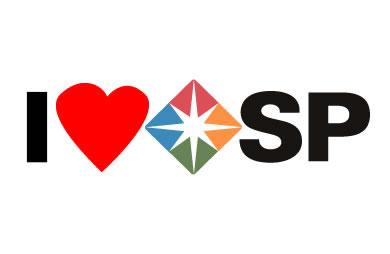By TONKA14,
SparkPeople Blogger
5/23/2011
Approximately 45 million people attempt to lose weight each year using a variety of dieting approaches. Although most diet plans use the general weight loss formula of calories in versus calories out, exactly how they use and apply that formula can vary widely.
Some programs focus on varying ratios of macronutrients (carbs, fat and protein). Low-carb diets advocate eating fewer than the adult RDA of 130 grams of carbs per day, while high-protein diets say that the key to weight loss is eating more protein than the recommended 35 percent of total energy intake. Other programs focus on strict week-by-week eating plans or use a meal-replacement approach as a way to control consumed calories.
To help consumers choose the best diet plan, Consumer Reports started rating diets in 2005. This year's review, published in the magazine's June issue, has sparked some criticism. Who came out on top? And why all the controversy?
According to Consumer Reports, this year's diet ratings winner is Jenny Craig. Slim-Fast and Weight Watchers earned second and third place finishes, respectively. Jenny Craig combines pre-made food and counseling jumped to the scoring lead largely because of a 2010 study published in the Journal of the American Medical Association that demonstrated a very high participant adherence rate of ninety-two percent. Oddly enough, this seemingly positive study has caused the most controversy. Critics say that the study was flawed and doesn't really reflect what would happen in the "real world" since study participants received free Jenny Craig food and services while real-world dieters would have to pay for those things out of their own pockets. It is interesting to note that popular Jenny Craig competitor Nutrisystem, which offers very similar plans and pre-made foods, wasn't even considered because they didn't have any documented weight-loss results from published clinical trials. (And no, SparkPeople.com's free, medically-accepted weight loss program wasn't even considered either.)
Regardless of the Consumer Reports rating, these rankings do provide some key points applicable for everyone. Here are some basic principles to consider when selecting a weight management program.
- Adhere to the Dietary Guidelines for Americans. Reputable weight management plans will include the basic dietary guideline principles of balancing calories with physical activity, emphasizing fruits, vegetables, whole grains, fat-free and low-fat dairy, lean protein and limitations on sodium and SoFAS.
- Proper portion control is key. Whether you are relying on pre-portioned prepared foods or making your own food, the key is portion control. Learning correct portion sizes is tricky for most of us and tends to be one of the barriers to long-term weight management success. Winning weight management plans help you learn portion control lessons.
- Weight management has to fit into your daily life. - It has often been said that people can do anything for a short period of time. Some diet plans in this review provide very strict regimens for a short time ensuing in great initial results. However, these strict regimens that may or may not include real food (or limit certain foods entirely) can quickly feel like an albatross around the neck causing you to completely walk away from the plan in favor of the next great weight loss promise. For best long-term success, eating and exercise plans have to fit with the rest of your life, for the rest of your life. Therefore, as is also said, the best plan for anyone is the one that leads to habits that will be followed for the long haul.
- Support makes a difference. Whether you find support from an individual counselor, a group meeting or an online community, encouragement is a key to success. Not just support while you are working toward your goal but also encouragement once you have reached your goal since weight and health maintenance in itself is a whole new goal.
Finding the right approach to manage weight and health is a process of discovery. Different plans and approaches work for different people for different reasons and seasons of life. As the Consumer Reports diet review points out, successful plans are those that have a high level of adherence and that allow people to achieve weight loss and improved health. Better programs include a focus on the Dietary Guidelines for Americans, teach portion control, fit with your day-to-day life, and provide support and encouragement. Some plans meet these principles at a high out-of-pocket cost. Others, like SparkPeople.com (named "best online weight loss community" by About.com's consumer search, provide them FREE. The key is finding the right one for you, your life, and your goals.
What do you think about the Consumer Report ratings? What benefit do you see to paying for a program that offers key principles for success over one that is free?
|
|



.png)










